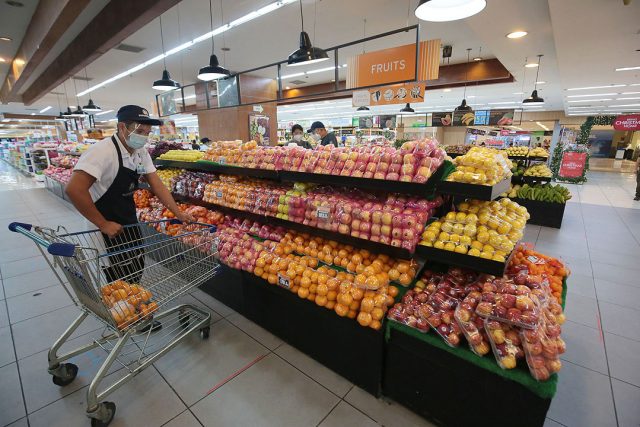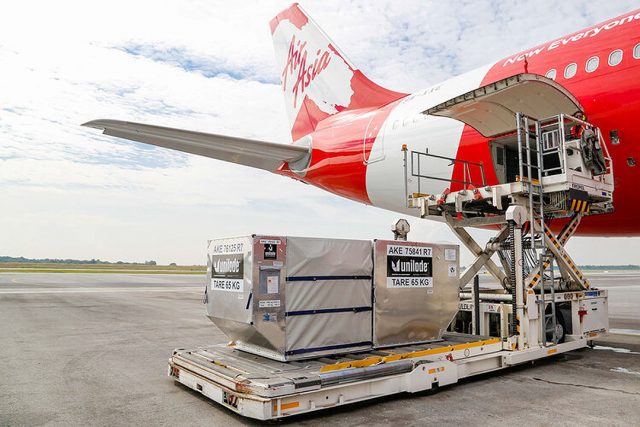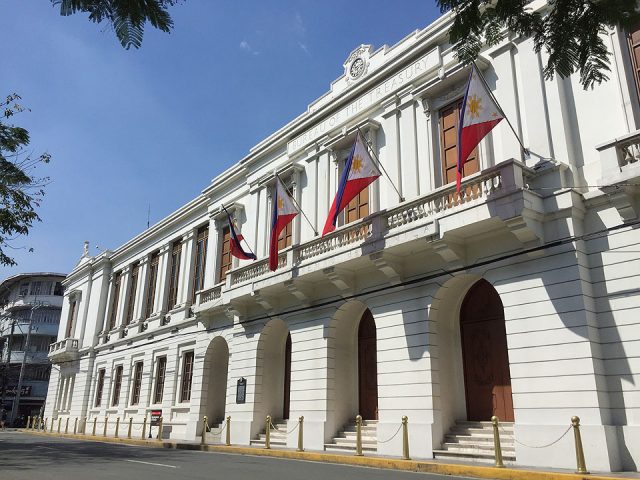Villar Group gears up for AllValue Shopping Party on Dec. 3; around P 1-million promos and discounts up for grabs
Following the success of the Villar Group Convention (ViCon) for its housing brands, the Villar Group is now gearing up for a shopping expo this coming week.
Up to P 1-million worth of exclusive promotions and discounts from AllHome and AllDay as well as other brands from the Villar Group will be up for grabs during the third ViCon: Retail Innovation Shopping Expo (RISE) this December 3. Interested shoppers need only register and attend to claim vouchers and discounts that can be used in AllHome’s www.allhome.com.ph and AllDay Supermarket’s www.allday.com.ph, and any of the e-commerce platforms of the AllValue group.
ViCon: RISE will also showcase how the retail industry under the Villar Group has risen to the challenge caused by the COVID-19 pandemic. “This will be another exciting ViCon, this time showcasing our retail group,” says Villar Group Chairman Manny Villar.
Villar believes that the company’s retail team has become innovative in elevating the shopping experience in the country to a world-class standard by launching the AllValue Shopping Party.
The AllValue Shopping Party is a whole day affair that will feature up to P 1 million worth of exclusive promotions and discounts available only at this ViCon: RISE event.
Attendees can also expect appearances from celebrities, thought leaders and influencers across all interests. Exciting prizes from AllHome, AllDay and the other AllValue brands: an AllHome home makeover, AllDay’s unique grocery hakot and a special AllToys Toy Raid will be up for grabs.
On December 3, the ViCon’s virtual halls will also be filled with interactive booths from AllValue brands and Vistamall, where attendees can go on a shopping spree during the day.
AllValue brands across the board will each have their day-long activities featuring their respective innovative experiences, both in-store and online. Industry specific influencers are also expected to grace the event.
The brands under Villar Group’s AllValue, its holding company for investments in retail, and its mall affiliate Vista Mall, will be featured in the daylong activities.
They include the country’s pioneering one-stop full line home center AllHome, mid-premium segment leader AllDay Supermarket, the country’s fastest growing café chain Coffee Project, and a host of its other food, retail and services brands.
During the third ViCon, the Villar Group is also bringing back its interactive virtual space and convention center to hold the AllValue Shopping Party, a showcase of innovation and shopping treats.
Register for free at https://thevicon.ph/registration/.
Spotlight is BusinessWorld’s sponsored section that allows advertisers to amplify their brand and connect with BusinessWorld’s audience by enabling them to publish their stories directly on the BusinessWorld Web site. For more information, send an email to online@bworldonline.com.
Join us on Viber to get more updates from BusinessWorld: https://bit.ly/3hv6bLA.










